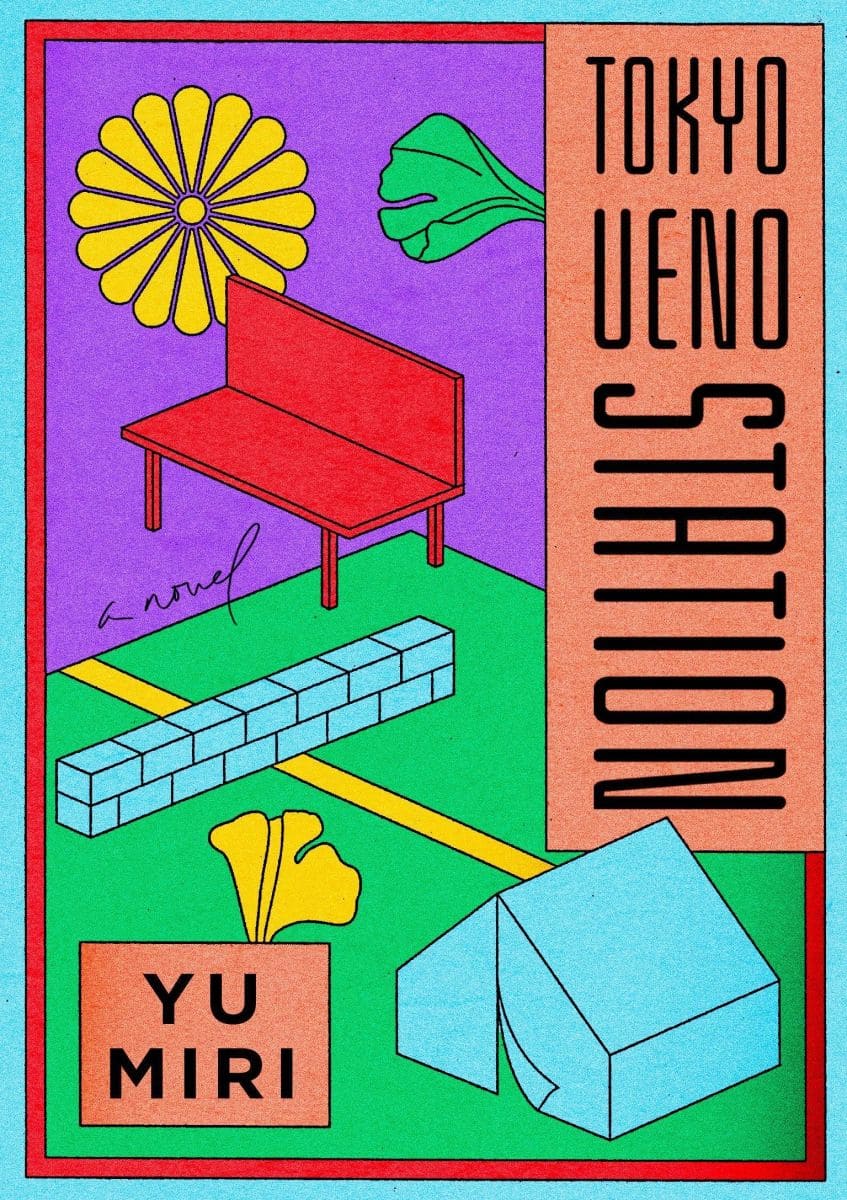Book Group 2

The “haves” in this world tend to treat the “have-nots” as invisible. Their mute desperation makes us uncomfortable, so we look through them. Kazu Mori, the narrator of ‘Tokyo Ueno Station’ is literally invisible. He is dead, his spirit seemingly fated to linger among the homeless people who come and go through the train station and memorial park where he met his end. The book is an examination of the divisions between rich and poor in contemporary Japan.
Kazu recounts a life of hardship and personal tragedy. Born in 1933, the same year as the Emperor, he took any sort of job he could get to support his family, mostly helping to construct facilities for the 1964 Olympics. Now, estranged from his survivors, he watches as authorities launch a campaign to clear homeless people out of the park in preparation for a visit by the royal family. Meanwhile, he eavesdrops on the conversations of people in transit and recounts Japanese history through the words of another homeless man who used to befriend him.
In this small, spare book of only 180 pages, the author Miri manages to say a great deal in few words about poverty, loss and despair. It is a mournful book, but it’s an angry one as well. In one scene, Kazu recalls how his parents would send their young children to answer the door when debt collectors came and tell them their mother and father weren’t home. “I thought what a thing of sin poverty was, that there could be nothing more sinful than forcing a small child to lie,” he thinks. “The wages of that sin were poverty, a wage that one could not endure, leading one to sin again, and as long as one could not pull oneself out of poverty, the cycle would repeat until death.” Rather than whining about his condition, Kazu seems to be a mere observer of it. “I thought that once I was dead, I would be reunited with the dead,” he says. “I thought something would be resolved by death … But then I realized I was back in the park. I was not going anywhere, I had not understood anything, I was still stunned by the same numberless doubts, only I was now outside life looking in …”
I love the wistful tone of this book and the characters who come and go through Kazu’s world. It’s a harsh, uncompromising look at existential despair. “Light does not illuminate,” Kazu reflects at one point. “It only looks for things to illuminate. And I had never been found by the light. I would always be in darkness –” Despite several instances of offensive language, author Yu Miri deserves acclaim for her narration. It’s a relatively slim novel that packs an enormous emotional punch, thanks to Miri Yu’s writing and Morgan Giles’ wonderful translation.
An interesting, but sad read as we insert ourselves into the ghostly thoughts of a man who regretted too much.
Our book group rated the book 7.5/10
Esther Vanniasingham
